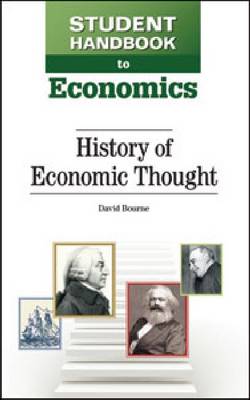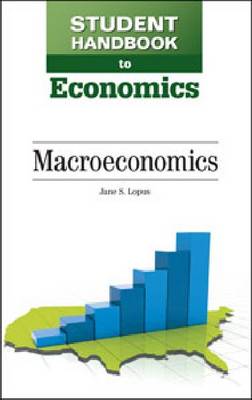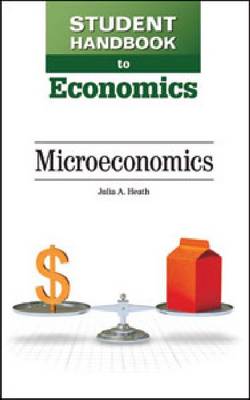Student Handbook to Economics
4 total works
No study of economics would be complete without the foundations of economic thought. History of Economic Thought explores the philosophical underpinnings of economics, beginning with Aristotle and up through modern game theory. This new volume looks at the most prominent influences that weave through modern economics.
Student Handbook to Economics Set
by William Smith, David Bourne, Jane S Lopus, and Julia A. Heath
Published 30 January 2013
Learning about economics can be a challenge for anyone, but it can be especially daunting for students. The Student Handbook to Economics set helps make fundamental economic concepts easy to understand for anyone unfamiliar with this field. This five-volume set provides comprehensive coverage of all areas of economics—from production and distribution to consumption and services. Students will learn about such concepts as supply and demand, opportunity cost, paradox of thrift, utility, corporations, globalism, and much more.
Written in an engaging style and featuring helpful sidebars and a glossary in each volume, this set will be a one-stop source for anyone interested in learning more about this popular subject.
Written in an engaging style and featuring helpful sidebars and a glossary in each volume, this set will be a one-stop source for anyone interested in learning more about this popular subject.
Macroeconomics is the study of economics from the perspective of the national economy. Macroeconomics begins with an introduction to economic systems and economic goals, and then addresses major macroeconomic issues including GDP, economic growth, business cycles, inflation, unemployment, fiscal policy, national debt, money, the Federal Reserve System, monetary policy and financial crises. This new resource concludes with a discussion of the different schools of thought and debates in this field.
Our everyday economic lives can be examined through the lens of microeconomics—from ticket prices and sporting events to the cost of food and clothing. Microeconomics explores the behaviour of individuals and businesses, how markets work and are formed, and how the government influences markets.



